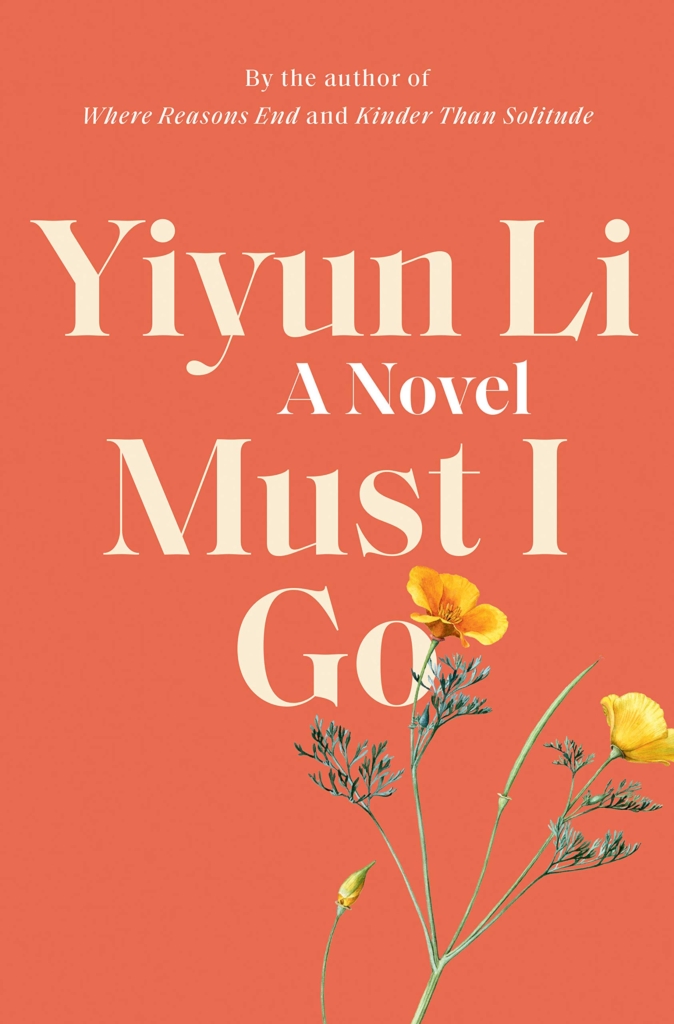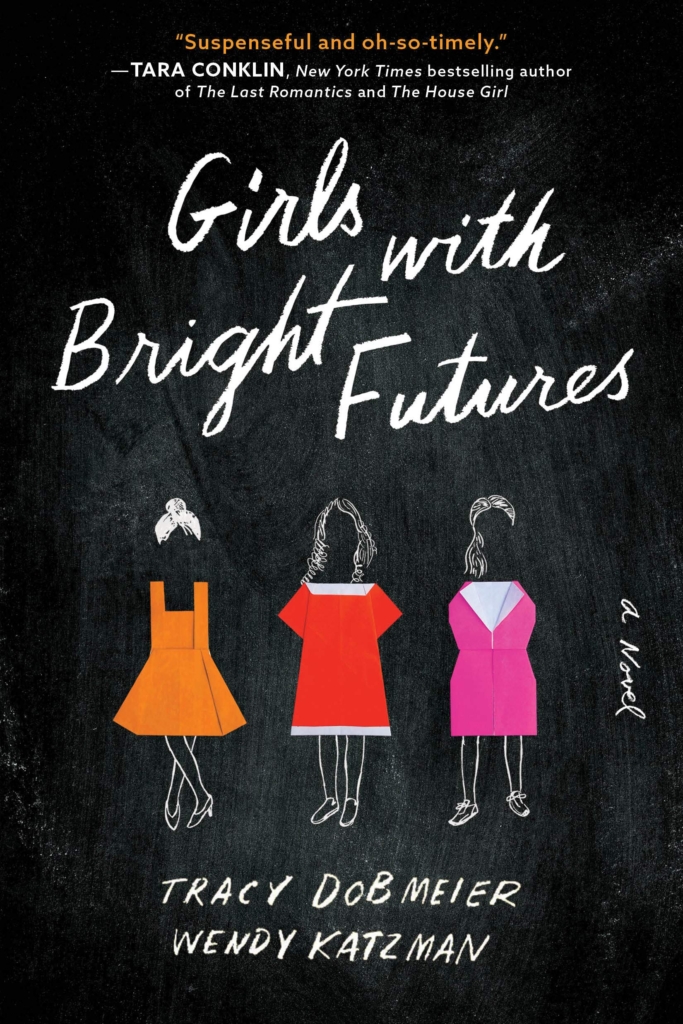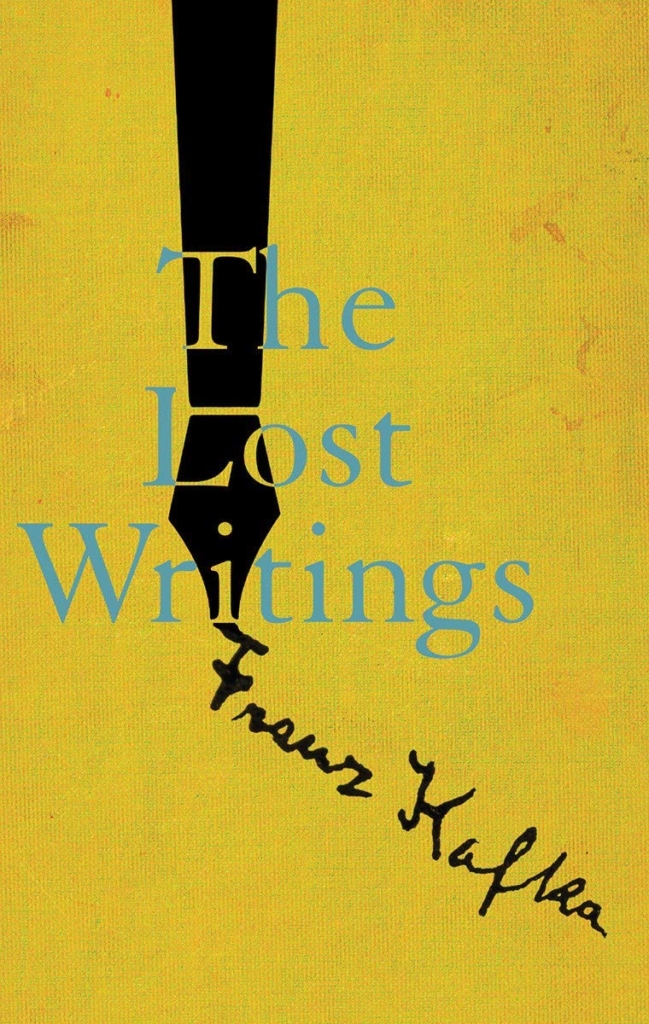
Must I Go by Yiyun Li
Lilia, an 81-year-old mother of five, grandmother of seventeen, and widow of three, is the anchor of Yiyun Li’s new novel “Must I Go.” Jaded and apathetic, Lilia is described first at the beginning of the novel in third-person narration; we later come to know her more personally through her annotations in the posthumous diary of Roland Bouley, an ex-lover. Her brief notes, assumed to be scribbled on the margins of the diary’s pages, recount the short affair they had when she was a teenager, which resulted in her pregnancy with his daughter, Lucy, without his knowledge. The story is centered around Lilia’s dive into Roland’s past as well as her inability to fully process and comprehend Lucy’s suicide.
With Lilia’s witty and dark demeanor, the novel traces her muddled and long life history in a disorienting fashion, jumping between her past and present thoughts, all the while putting up a constant cold façade masking a deep-rooted emptiness. Her indifference to all of her family, from her parents to her siblings to her own children and grandchildren, is so extreme and absurd, it borders on humorous. Yet, in reading between her snappy comments about the people around her, we sense despair and nihilism. Fitted between lines like “Shoes are better than men” when trying to comfort her daughter, Katherine, about her failing marriage, Lilia’s pessimistic outlook reveals much about her past traumas. Her hang-ups about Roland seem petty, irrational, and obsessive, decades after their affair, but in reading the parts of his published diary in conversation with her perspective, we begin to understand Lilia’s fixation on this one awful man from her past.
The novel is slow-moving and fragmented as Lilia reflects back on her life, with flashes from her teenage years at her father’s inn spattered among scenes from the present where she begrudgingly brings her bratty granddaughter to a Thanksgiving dinner.
Li’s writing contemplates the mundanity of her characters’ lives, exploring painfully honest narratives about trauma and death. With hard-hitting truisms sprinkled tastefully throughout the novel, “Must I Go” perfectly captures an air of melancholia and absurdity.
–Cat Luo

Girls with Bright Futures by Tracy Dobmeier and Wendy Katzman
Tracy Dobmeier and Wendy Katzman’s forthcoming debut novel, Girls with Bright Futures, will immediately draw comparisons to the 2019 college admissions scandal, in which dozens of prominent businesspeople and celebrities conspired to cheat on standardized tests and bribe college officials to secure their children’s acceptances to elite universities. Girls with Bright Futures features a similar plot, in terms of both conspiracy and narrative trajectory: it follows three women from a hyper-privileged circle of Seattle ruthlessly competing for their daughters’ acceptances to Stanford. Believing their offspring’s academic (financial) futures to hang in the balance, to these characters, an inconvenient law is no law. The novel is elegantly plotted and quick-paced, and will delight anyone who followed the college admissions scandal with a certain rush of schadenfreude upon seeing the privileged actually contend with the consequences of their actions.
But I loved Girls with Bright Futures less for its plot(s) than for its cutting indictment of meritocracy and the incredible burdens it places upon mental health and familial interconnection. For Girls with Bright Futures, “meritocracy” does not simply refer to the fantasy that hard work will secure college admission, a lucrative career, and class mobility. It is also the noxious belief that apology guarantees forgiveness, that acknowledging one’s privilege is a sufficient demonstration of social awareness to justify one’s continued benefiting from systemic racial, economic, and gender inequality. Girls with Bright Futures expertly contends with the nuances of meritocracy through its sharp comedic voice, creating a deeply poignant and pleasurable reading experience.
-Spencer Grayson

The Lost Writings by Franz Kafka
The Lost Writings, a creepy little clothbound book released under Kafka’s name by New Directions last month, revitalizes a writer who, notoriously, never wanted his writings found in the first place. With selections by the storied Kafka biographer Reiner Stach and translations by the prolific German translator Michael Hofmann, the collection’s fragments and stories revisit some of Kafka’s most celebrated themes, with some less characteristic gems sprinkled in throughout. Hofmann masterfully transposes Kafka’s haunting chains of thought into complex but readable prose. Even Kafka’s olympically long images are sustained through electric turns of phrase that seasoned Kafka readers can’t help but applaud. Hofmann keeps a tight grip on every element in Kafka’s characteristically airtight network of grammar, tone, pace, and drama:
“A delicate matter, this tiptoeing across a crumbling board set down as a bridge, nothing underfoot, having to scrape together with your feet the ground you are walking on, walking on nothing but your reflection down in the water below, holding the world together with your feet, your hands cramping at the air to survive this ordeal.”
Especially now, with libraries full of impeccable Kafka translations (and a decades-long web catalog of the original German texts, updated regularly by Kafka stans), it’s a more delicate matter than one would think to re-resurrect such an authorial Lazarus. But New Directions holds Kafka’s once-lost world together with far more than feet, hands, and piecemeal limbs through these newly translated fragments. The Lost Writings helps stabilize Kafka’s original nuance into a body of English prose in which dabblers and completionists both can find unsettling reflections.
-Ryan Daar
